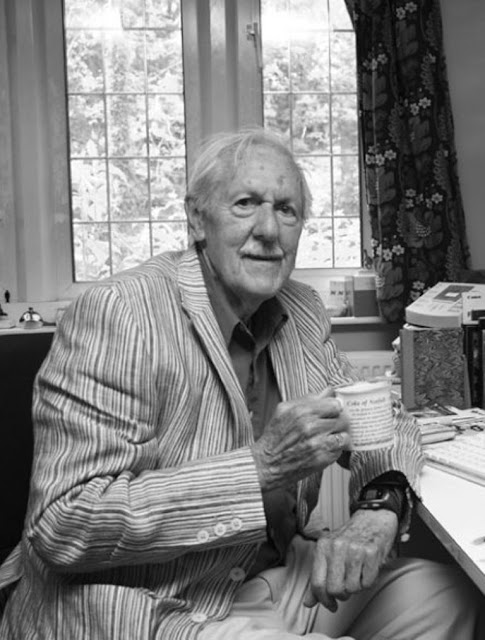In Mrs. Swinton's garden, it was always summer. The lovely almond trees stood about it in perpetual leaf. Monica Swinton plucked a saffron-colored rose and showed it to David.
"Isn't it lovely?" she said.
David looked up at her and grinned without replying. Seizing the flower, he ran with it across the lawn and disappeared behind the kennel where the mowervator crouched, ready to cut or sweep or roll when the moment dictated. She stood alone on her impeccable plastic gravel path.
She had tried to love him.
When she made up her mind to follow the boy, she found him in the courtyard floating the rose in his paddling pool. He stood in the pool engrossed, still wearing his sandals.
"David, darling, do you have to be so awful? Come in at once and change your shoes and socks."
He went with her without protest into the house, his dark head bobbing at the level of her waist. At the age of three, he showed no fear of the ultrasonic dryer in the kitchen. But before his mother could reach for a pair of slippers, he wriggled away and was gone into the silence of the house.
He would probably be looking for Teddy.
Monica Swinton, twenty-nine, of graceful shape and lambent eye, went and sat in her living room, arranging her limbs with taste. She began by sitting and thinking; soon she was just sitting. Time waited on her shoulder with the maniac slowth it reserves for children, the insane, and wives whose husbands are away improving the world. Almost by reflex, she reached out and changed the wavelength of her windows. The garden faded; in its place, the city center rose by her left hand, full of crowding people, blowboats, and buildings (but she kept the sound down). She remained alone. An overcrowded world is the ideal place in which to be lonely.





